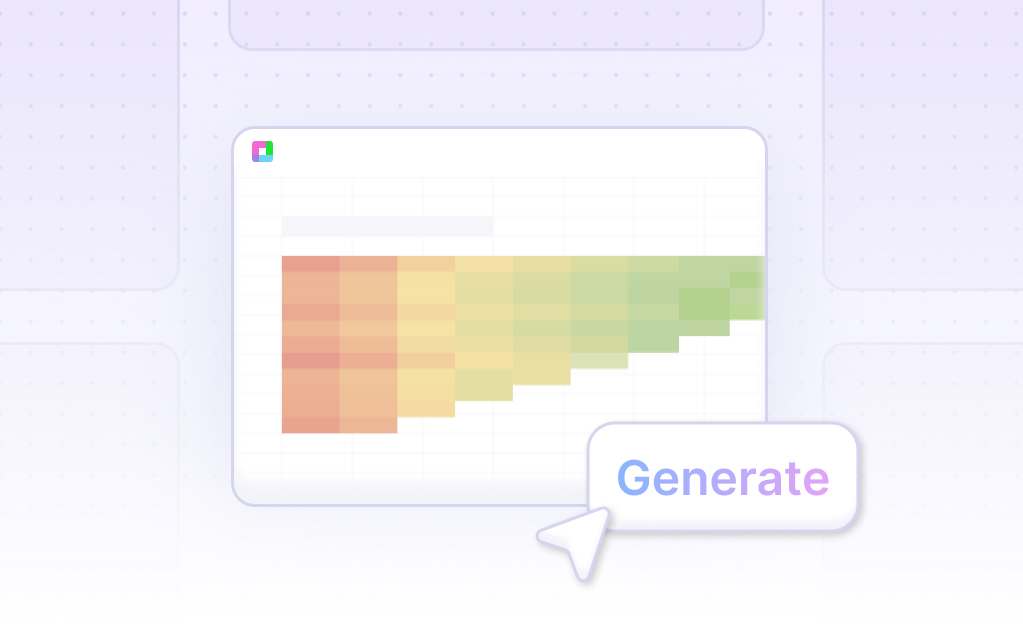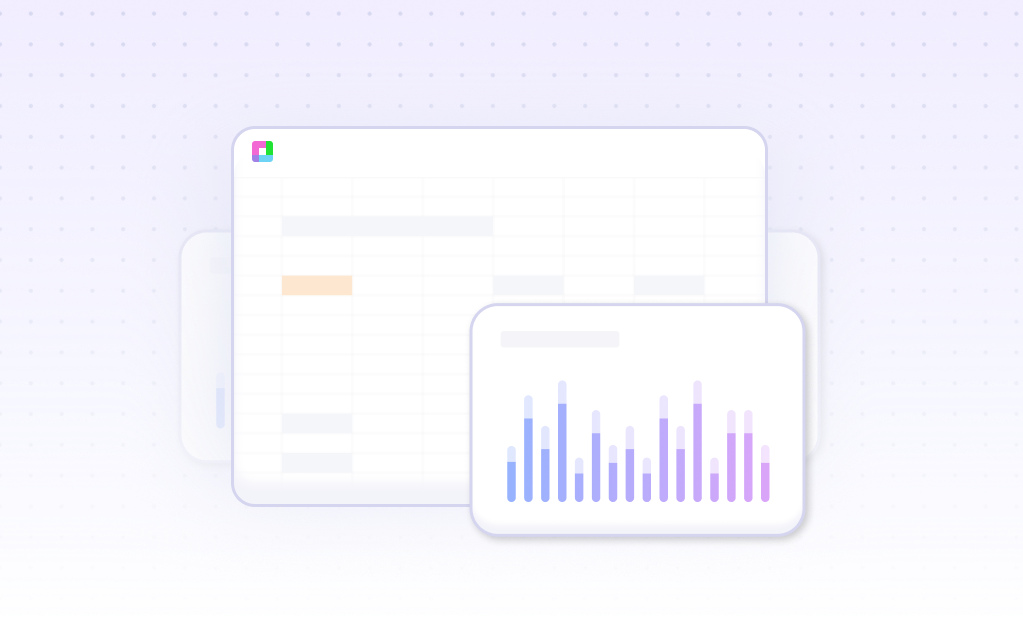
Master Carbon Accounting with Comprehensive Emissions Tracking
Carbon accounting requires sophisticated emissions tracking, carbon credit management, and comprehensive net-zero pathway planning. Our Carbon Accounting System template provides comprehensive tools to track greenhouse gas emissions, manage carbon credits, and plan decarbonization strategies with institutional-quality frameworks for sustainability teams and carbon managers.
From emissions tracking to net-zero planning, optimize carbon management. Built for sustainability teams, carbon managers, and environmental professionals, this template helps you track carbon footprints, manage carbon credits, and implement decarbonization strategies.
See how easy it is to generate a Carbon Accounting System Excel Template Excel template with Sourcetable

Comprehensive Emissions Tracking Framework
Scope 1 Direct Emissions
Track scope 1 emissions with fuel combustion, process emissions, and fugitive emissions tracking. Monitor direct operational emissions and identify reduction opportunities.
Scope 2 Indirect Emissions
Calculate scope 2 emissions with electricity consumption, heating/cooling, and steam usage tracking. Optimize energy procurement and renewable energy adoption.
Scope 3 Value Chain Emissions
Assess scope 3 emissions with supply chain analysis, business travel, and product lifecycle emissions. Engage suppliers and optimize value chain carbon footprint.
Emissions Factors & Calculations
Apply emissions factors with regional grid factors, fuel-specific factors, and activity-based calculations. Ensure accurate and consistent emissions accounting.
Carbon Credits Management & Net-Zero Pathways
Carbon Credits Portfolio
Manage carbon credits with portfolio tracking, offset verification, and credit quality assessment. Optimize carbon offset strategies and compliance management.
Net-Zero Pathway Planning
Plan net-zero pathways with scenario modeling, reduction targets, and milestone tracking. Develop comprehensive decarbonization strategies and implementation roadmaps.
Carbon Pricing & Budgeting
Implement carbon pricing with internal carbon pricing, budget allocation, and cost-benefit analysis. Integrate carbon costs into business decision-making processes.
Reporting & Compliance
Generate carbon reports with regulatory compliance, voluntary reporting, and stakeholder communication. Ensure transparency and accountability in carbon management.
Frequently Asked Questions
How does it track scope 1/2/3 emissions?
The template tracks emissions across all scopes with fuel combustion, electricity consumption, and value chain analysis. It monitors direct, indirect, and supply chain emissions comprehensively.
Can it manage carbon credits?
Yes, the template manages carbon credits with portfolio tracking, offset verification, and credit quality assessment. It optimizes carbon offset strategies and compliance management.
How does it plan net-zero pathways?
The template plans net-zero pathways with scenario modeling, reduction targets, and milestone tracking. It develops comprehensive decarbonization strategies and implementation roadmaps.
Does it include carbon pricing?
The template implements carbon pricing with internal carbon pricing, budget allocation, and cost-benefit analysis. It integrates carbon costs into business decision-making processes.
How does it handle reporting?
The template generates carbon reports with regulatory compliance, voluntary reporting, and stakeholder communication. It ensures transparency and accountability in carbon management.
Related Carbon Management Tools
Connect your most-used data sources and tools to Sourcetable for seamless analysis.
Frequently Asked Questions
If your question is not covered here, you can contact our team.
Contact Us



